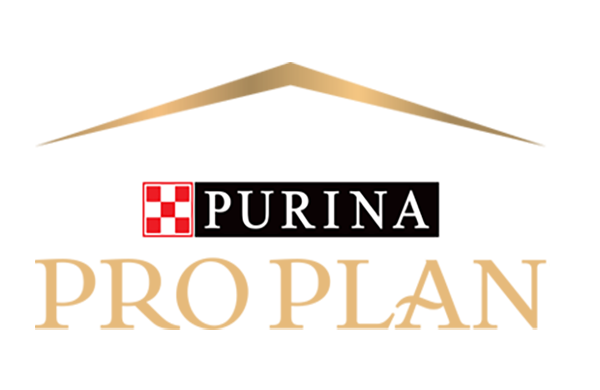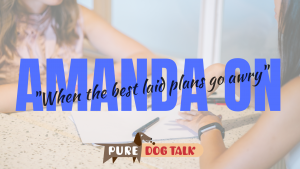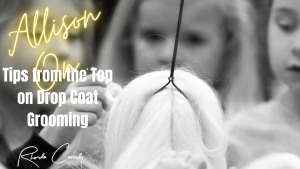169 – Jessica Ajoux Westminster KC Agility Champion Talks Form and Function
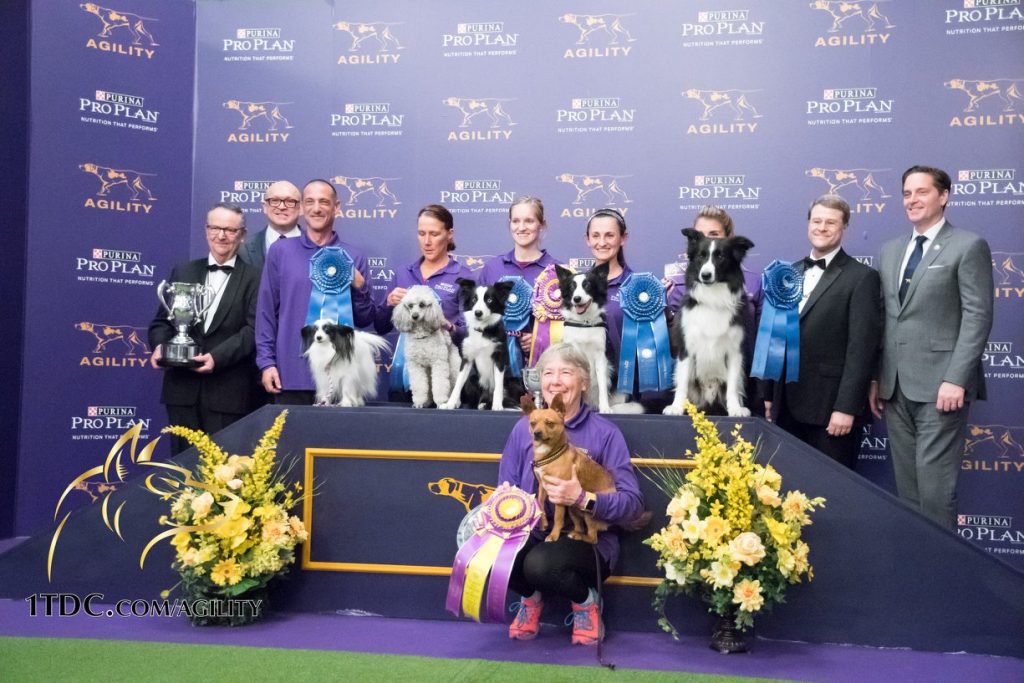
WKC AGILITY WINNER SHARES HER THOUGHTS
Jessica Ajoux and her Border Collie, Famous, won the WKC Master Agility Championship in February. She shares her insights on how a dog’s structure affects its performance on the agility course.
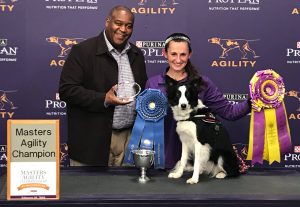
Jessica Ajoux and Border Collie, Famous, are the WKC Masters Agility Champions
PASSION FOR AGILITY STARTED EARLY
This February was her first time winning the prestigious WKC competition, but Ajoux started in the sport of agility as a teenager. Her mom drove her to her first classes and agility shows, which were scheduled around school and homework.
Watching an agility competition for the first time on television, Ajoux noted, “I’m not joking when I say the skies parted, angels sang, and I went, ‘Oh my goodness I’m going to be doing that!’ And I have been doing that since that particular day in … 1999.”
Ajoux began her agility competition with a mixed breed dog who she says taught her a lot and was very forgiving. When she graduated from college and was ready to begin competing at the next level, she began her search for a Border Collie.
BORDER COLLIES BECOME THE FOCUS
“One time a friend of mine actually let me run one of her Border Collies and that was it,” Ajoux said. “And I knew that that was the breed of dog I was going to pursue. … They can’t compete at the lower heights … because they obviously don’t measure in. But I just find that they’re the most competitive dog. That doesn’t mean that they’re easy – getting a Border Collie doesn’t solve all the problems. They’re ‘special.’ … you have to actually like the breed too you can’t just think of getting a Border Collie for agility ….”
As Ajoux progressed in her agility training, competition and understanding of the sport, she began to notice that certain dogs were better able to handle the unique athletic requirements of the sport. And she started to see correlation between their underlying structure and their actual ability.
AGILITY ATHLETES
“I train a lot of agility dogs and I watch a lot of dogs do a lot of athletic things,” Ajoux said. “I have a pretty good eye for watching movements and especially related to agility. What I find is that the Border Collies are very athletic and there’s a lot of variation even between the individual dogs. Fame happens to be an exceptionally athletic dog … She has a long neck, a long back, she’s very light and she is able to accelerate and decelerate very well which I think is the key to agility. It’s not just about speed, right, they can run very fast in a straight line but that doesn’t mean that they’re able to slow down and turn, right? They have to be able to downshift well.
“I have another Border Collie, my younger male, and he’s a lovely dog but he’s a little heavier boned. He’s a little straighter in the front and he doesn’t have the ability to what I describe as get underneath himself. … So, he has a much harder time in agility because if you run at a jump at full speed and you’re expected to turn it’s very useful to be able to rock your weight back, have the rear under, have some flexibility in the spine to do that. And it’s just much harder for him and that’s simply based on how he’s built. You can train, you can try to help them with their weaknesses, but ultimately how he moves will never be the same as how Fame moves for example. And it’s very predictable, based on the dogs that they’re related from and that type of thing.”
Agility competitors and breeders are producing what Ajoux described as “sport dogs” bred specifically for the conformation needed for agility. While Border Collies are very successful, she noted, they are originally bred to herd sheep, not jump. While the breed’s inherited speed, dexterity, focus and drive make them a good choice for agility, the functional structure changes some with the particular application of the sport.
“…one of the saddest things I see is people getting upset at dogs and their performances because they’re not ‘doing what they want,’” Ajoux said. Even though training has a huge part of it, I’m never going to be a professional basketball player. I’m not built to be – it’s not going to happen. Right? So you have to be realistic with what they can and can’t do.”
Ajoux talks about the unique structure of the Westminster Kennel Club Masters Agility Championship. She even adds details on injury prevention in canine athletes. Listen to the full length podcast or read the full transcript below. We hope you enjoy this fascinating conversation on the actual application of form following a specific function.
KNOWLEDGE IS POWER — FRANCIS BACON
When you become a patron of Pure Dog Talk you’ll tap into an exclusive community of experts to help you and your dog be blue-ribbon best at whatever you do with your purebred dog! Your support helps keep the MP3's rolling at Pure Dog Talk!
As a supporter, you’ll immediately gain access to the weekly Pure Pep Talk SMS, Pure Pep Talk private Facebook group, and priority emails. Patrons can choose to level up to the After Dark Zoom and a Patrons Digital Badge for their website— even a private counseling session with Laura on any topic.

DON'T MISS AN EPISODE!!


